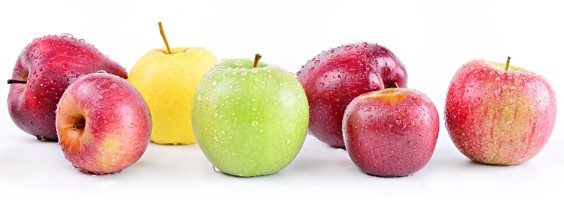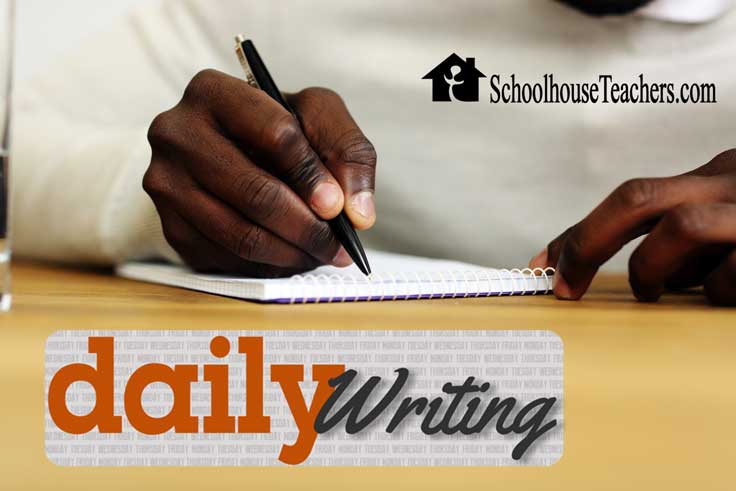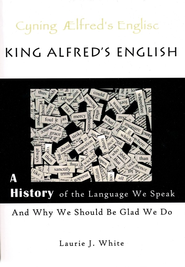April is National Poetry Month. What a wonderful time to try your hand at writing a poem!
Haiku (high KOO) is a beautiful poem form that comes from Japan. It is usually about nature and can be spoken in one breath.
Syllables are important in a haiku. Words can be broken into parts based on their vowel sounds. Those parts are syllables. Tree has one syllable. Forest has two. And timberland has three. When you speak these words out loud, you can hear their syllables.
Haiku poems have another feature: They do not rhyme.
Read More
















